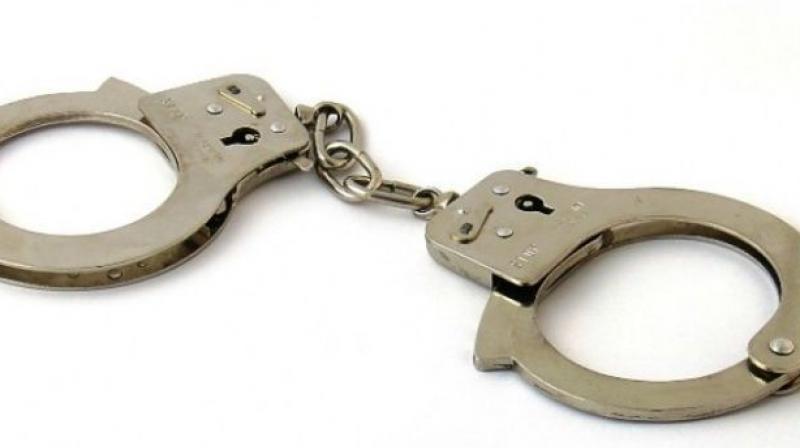Justice for All: A citizen's arrest to help victims of crime

If at a peak hour, on a busy road, in a bustling city, a woman can get raped by a drunkard; and all that passers-by, who are also witnesses, can do is just watch or perhaps video-record the heinous crime, there are two inferences — people are either scared or they just don’t care. While you can do nothing about insensitivity, the fear to intervene may be unwarranted. The failure of able bodied bystanders to intervene usually stems from a lack of awareness of legal rights.
Under Section 43 of the Code of Criminal Procedure, a private person can arrest the perpetrator of a non-bailable and cognisable offence and take him to a police officer or to the nearest police station. Offences like murder, attempt to murder, rape, abduction of a child are non-bailable and cognisable, which means, an accused person can be arrested without a warrant.
Witnesses of crimes like murder, attempt to murder or rape need not feel powerless. In addition to their right to make a citizen’s arrest, they are also clothed with the right of private defence under Section 97 of the Indian Penal Code (IPC).
It relates to a right to defend one’s own body as well as “the body of any other person.” This is, however, subject to restrictions under Section 99 of the IPC, such as the absence of a reasonable apprehension of death or grievous hurt, sufficient time to call the police and the use of disproportionate force. The Supreme Court in Biswadep Mahato Vs State of West Bengal held that “private defence and prevention of crime are sometimes indistinguishable. Such a right is exercised because ‘there is a general liberty as between strangers to prevent a felony’. The degree of force permissible should not differ, for instance, the case of a master defending his servant from the case of a brother defending his sister, or that of a complete stranger coming to the defence of another under unlawful attack.”
In the recent Vizag rape case, as with other crimes in the past like the moral police on the rampage in discotheques, there is often a debate on whether bystanders, especially if they are mediapersons with video cameras, must do their ‘duty’ of recording the incident or help the victim. Duty to a fellow human being in distress, in my opinion, is more important than coverage of a news story. A good journalist must first be a good human being. To “promote brotherhood”, to “safeguard public property and abjure violence” are incidentally Fundamental Duties under Article 51-A of the Constitution of India. The very first guideline displayed by the News Broadcasting Standards Authority in furtherance of the principles of self regulation of the News Broadcasters Association’s Ethics & Broadcasting Standards is that “all news reporting must be done in public interest.”
The Vizag autodriver’s mobile phone recording may have helped the police to nab the rapist after the commission of the crime. But his timely intervention may have stopped the crime itself. In the process, he could have been a witness as well.
Although the Supreme Court in Namdeo Vs State of Maharashtra drew a clear distinction between a ‘chance witness’ and a ‘natural witness’, it held that both these witnesses have to be relied upon subject to their evidence being trustworthy and admissible in accordance with the law.” A single eyewitness to a crime is enough for proper investigation and conviction. Section 134 of the Evidence Act does not stipulate any particular number of witnesses. It is the quality and not the quantity of evidence that matters in criminal trials.
Displaying bravado while taking selfies in front of approaching trains or atop the parapet walls of high rise buildings or overspeeding near women’s colleges or travelling on footboards of buses only make people look foolish. As jurist Jeremy Bentham wrote: “It is a noble movement of the heart, that indignation which kindles at the sight of the feeble injured by the strong. It is noble movement which makes us forget our danger at the first cry of distress. It concerns the public safety that every honest man should consider himself as the natural protector of every other.” True courage is intervening in a crime to save a person’s life or dignity. It’s what makes one a good citizen. And the law should have your back.

